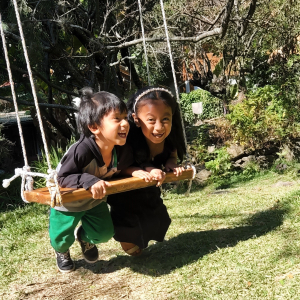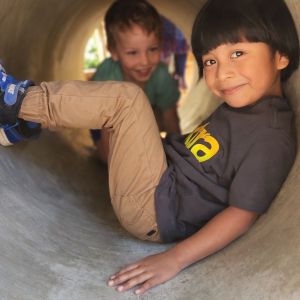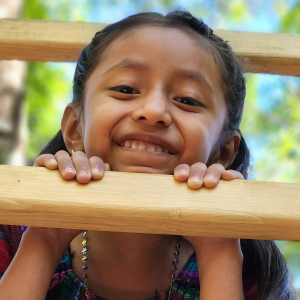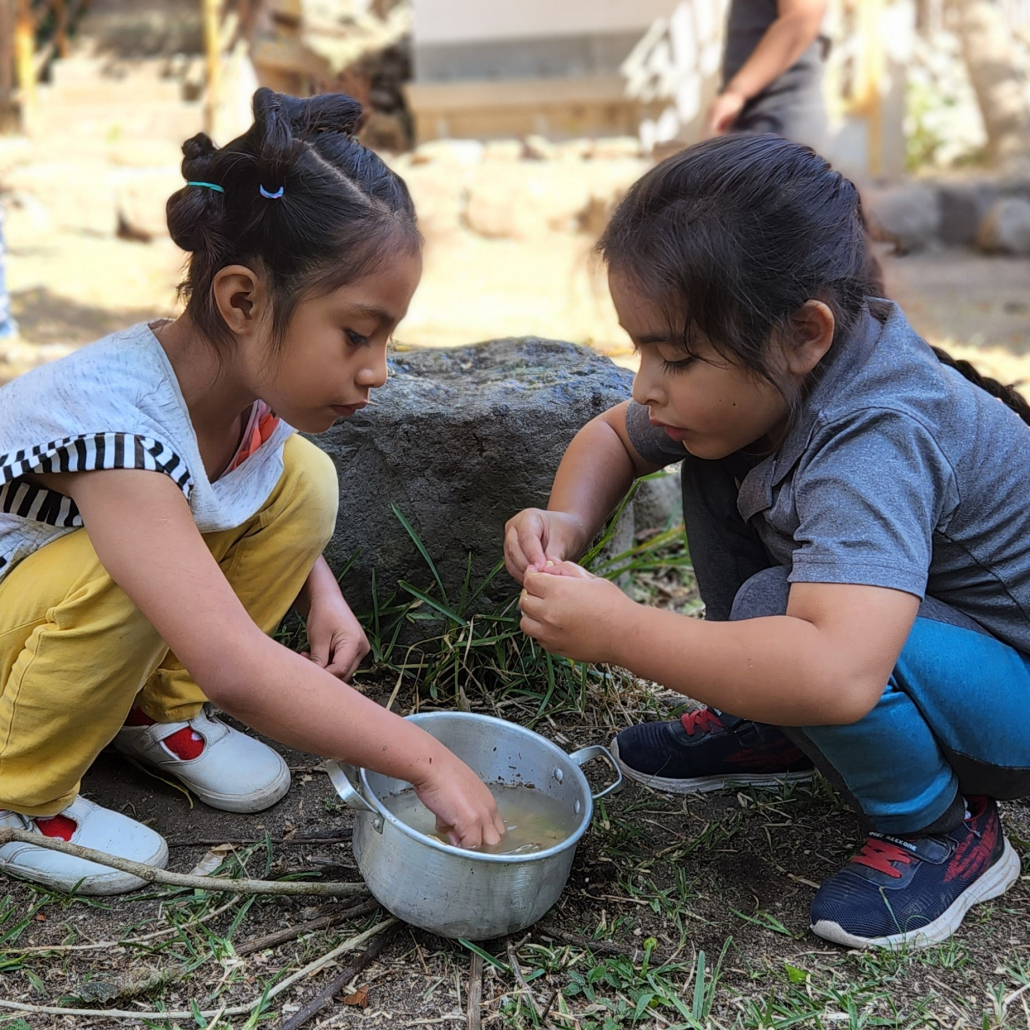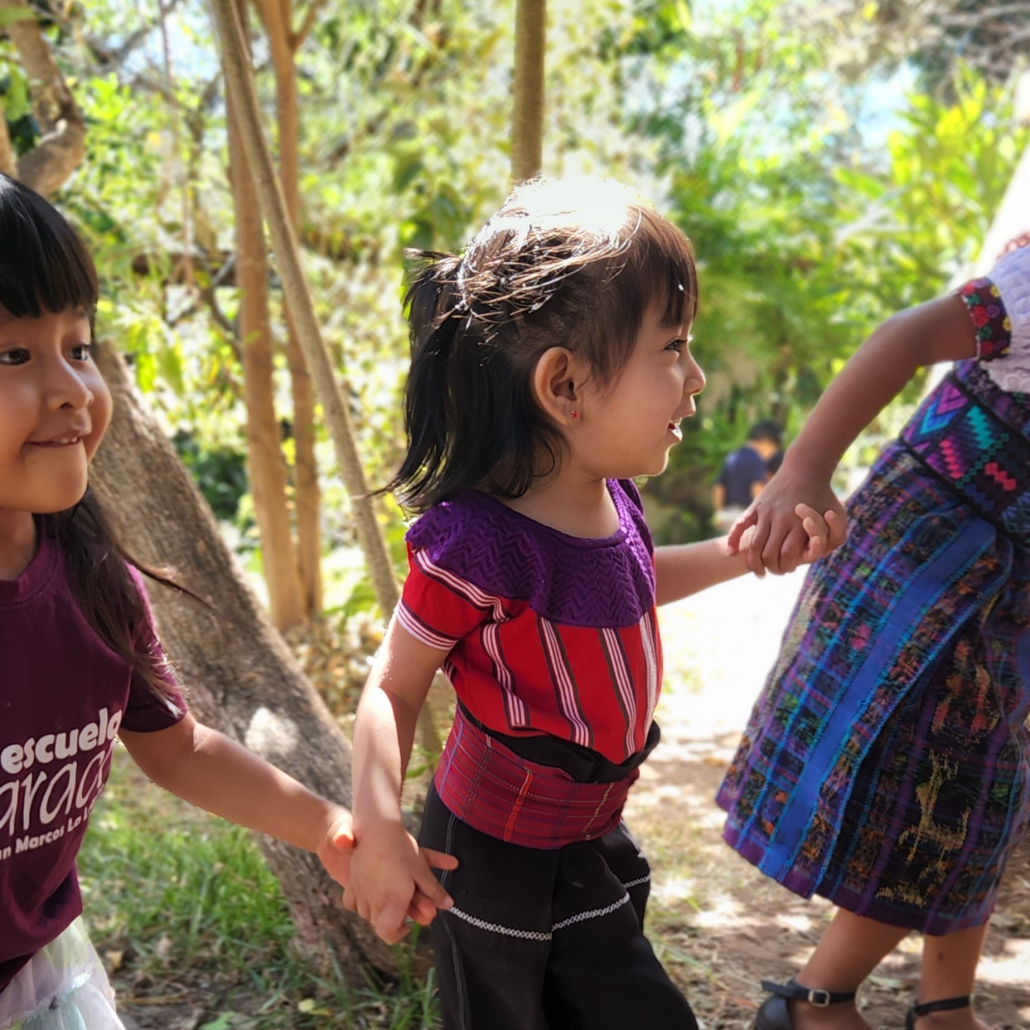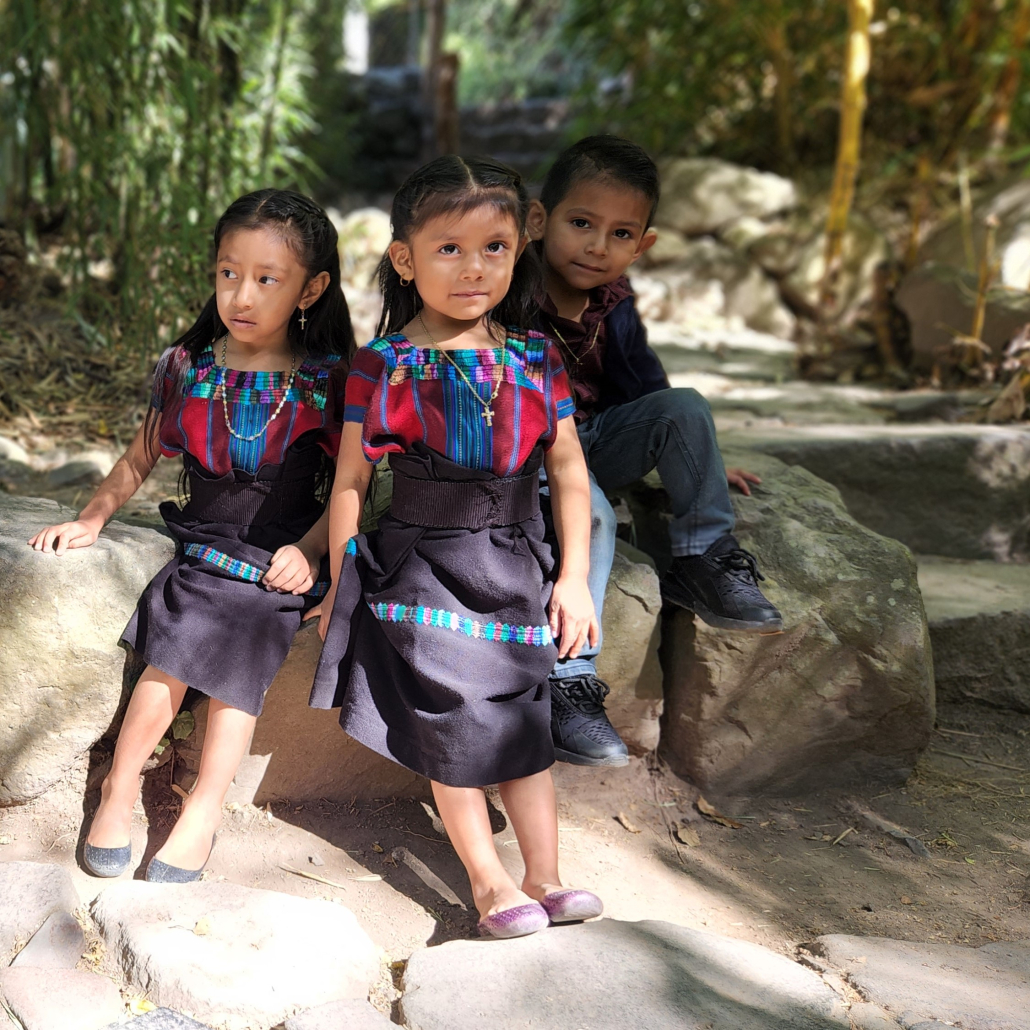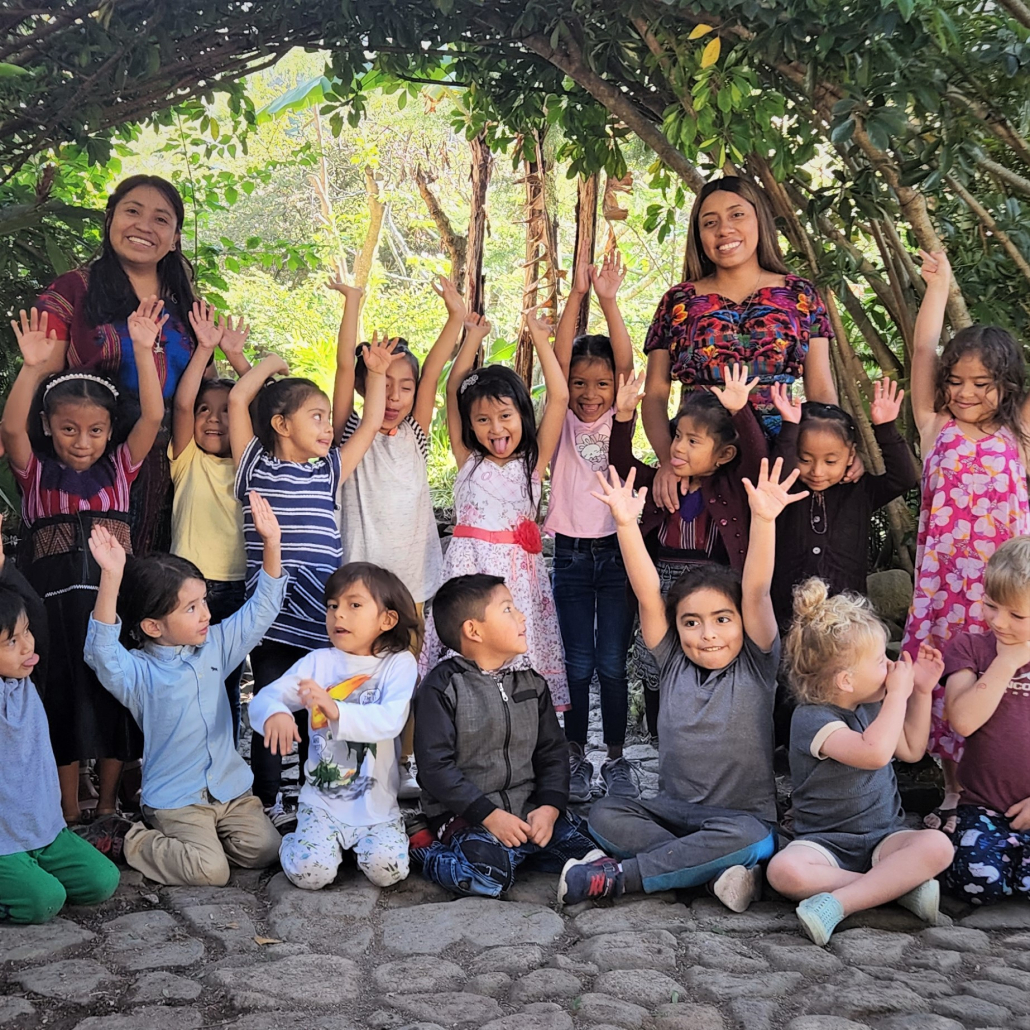This period, prior to second dentition is considered the period of maximum growth and physical development. Brain structures are developed and refined. This process does not end until the change of teeth, then the primary method of learning is action and experimentation. The child “thinks” with his whole physical being. He must then, touch, explore, imitate, so he can take over the world in order to understand it, is an essential requirement for the subsequent activity of apprehending the world through the concepts.
Imitation is the primary means for Waldorf preschool learning. They model their behavior from what happens around them. Children perceive and record everything that adults do, not just what they do in front of them but how. Teachers are aware of their moral influence on children and their developing good habits through imitation. Kindergarten teachers model a variety of activities worthy of imitation, including household chores(remove comma)like making bread, cooking, cleaning and tidying the room. All social activities provide for an educational base too. Much is learned through practice, including ethics.
Kindergarten is a warm and welcoming place where each day has the comfort of a consistent rhythm. Children have a lot of time for free play as well as activities structured by their teacher. With a room full of beautiful and simple toys such as shells, unfinished wood blocks, rag dolls and silk cloths of various colors, the children’s creativity is unlimited. Our kindergarten classes are mixed ages, and older children who are already familiar with the daily routine, help the smaller children and provide them comfort.
About the time that children reach their second dentition (when they are loosing their baby teeth), it is found that they are more readily able for more formal acquisition of skills in reading, writing and mathematics. When they are younger they are learning the foundation of these skills through their play, the practical work they do in the classroom and also through listening and repeating rhymes and songs. Then when they reach the age near their second dentition they have a natural foundation and are ready to take on their academics with much greater enthusiasm and diligence.
Sources: “Plan de Estudios de la Pedagogía Waldorf-Steiner”, Tobias Richter; “Pedagogía Waldorf, una Educación hacia la Libertad”, Frans Carlgren
KinderCaracol
KinderCaracol is a non-academic kindergarten for children ages 3-6 year-old, meeting five days a week from 8:30am-12:30pm. Our pedagogical foundation is to encourage a sense of wonder and reverence for life.
Upon this basis we sow the seeds of versatile creative capacities by nurturing the imagination and strengthening the will. An accent is placed on guiding children as they connect with their bodies, their imaginations, and the earth through creative play and practical work.
Fairy tales and folktales are highlighted that are rich in visual detail, have a bit of magic, and also embody rhythm and repetition. They are told on alternating days in different languages: Spanish, English and Kaqchikel. Along with the stories, KinderCaracol also promotes an appreciation of nature and the seasons/festivals of the year.
For this reason we have small planting projects and continually monitor changes happening in the garden. Other activities that are highlighted on a weekly basis are cooking, watercolor painting, and movement.
A Typical Day
Click here to read to read our article A Day In The Life Of a Maya Waldorf Kindergarten, written by Colleen Donovan, Lead Teacher of KinderCaracol.
The typical day at KinderCaracol begins with an organized activity, such as painting or a craft, that attracts the attention of the children while also grounding their energy. This then flows into creative free play, where the kids dive into their imaginations and engage the various natural materials and toys at their disposal. After straightening and organizing the toys, circle time begins, where both gross and fine motor activities are incorporated with songs and poems. Snack timefollows, and each child has a special job in the preparations. After cleaning up, we have outdoor playtime, which involvesgardening projects, nature observation, various games, and free time to run, dig and climb. At the end of outdoor play, the children are always excited to return to our indoor space for story-time. Each day finishes with our circle of peace, where the children say goodbye and formally close the class.
The events of the day are designed to ebb and flow, inhaling and exhaling between work and play, between structured activity and free time. All of this is carried out with an accent on play, socialization, respect for one another and reverence for all living things. At this early age, children are encouraged but never required to participate in organized activity. KinderCaracol aims to allow for a gradual unfolding of childhood. If you are interested in enrolling or sponsoring a child in KinderCaracol, please contact us.

